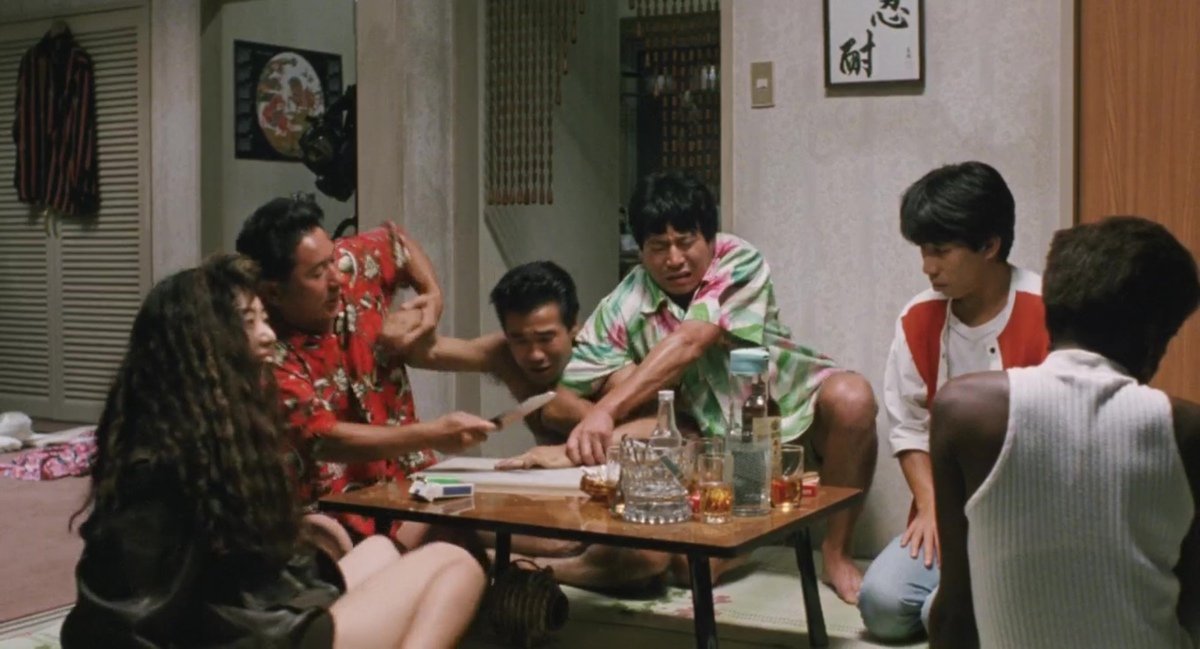Kikujiros Summer By Takeshi Kitano [1999]
![Kikujiros Summer By Takeshi Kitano [1999]](https://images.squarespace-cdn.com/content/v1/57825361440243db4a4b7830/1639476084448-CV86EV9W0ZLAQZ3GZC9M/170928981_121083863340401_6216938534134466890_n.jpg)
In the late 90s Kitano had already gained international recognition for his Yakuza/Cop movies, but apparently was dissatisfied by the recognition that focused mainly on his use of violence.
To demonstrate that he is a master of cinema with or without violence, he created Kikujiros Summer.
The movie is about nine year old Masao who lives with his grandmother in the greater Tokyo area. One day he finds a picture of his long lost mother. He decides to pay her a visit over the summer break hundreds of miles west. Masao then meets his grandmothers neighbour and his wife. The neighbour who Masao refers to as uncle, forced by his wife, accompanies Masao.
In the beginning he doesn’t care about the destination, gambling all the money away his wife has given him. But after Masao encounters a molester at a yakitori bar, he decides to bring him to his mother. Because they ran out of money they have to get creative to reach their destination. Eventually after stealing a taxi and hitchhiking, they reach Toyohashi. But the mother seems to have forgotten about Masao.
The rest of the movie is a heartwarming journey of how the ‘uncle’ tries to cheer Masao up. They meet a variety of people and have a series of unexpected adventures along the way.
In the final scene Masao asks the uncle about his name. He answers:
"Kikujiro! Now scram!"
revealing the movie was actually about the adult rather then the kid.
The charcter Kikujiro was inspired by Kitanos father, who was a gambler himself, struggling getting enough money for the family. Inspiration for the whole movie was “The wizard of OZ”, with the basic premise being a road trip.
The charcter Kikujiro was inspired by Kitanos father, who was a gambler himself, struggling getting enough money for the family. Inspiration for the whole movie was “The wizard of OZ”, with the basic premise being a road trip.
The film explores alienation and inclusion in Japanese society. The main characters, and those who help them along the way, are all considered outcasts from accepted social norms, not being part of a traditional family or group structure.
The Soundtrack is yet again from Kitanos good friend Joe Hisaishi.













